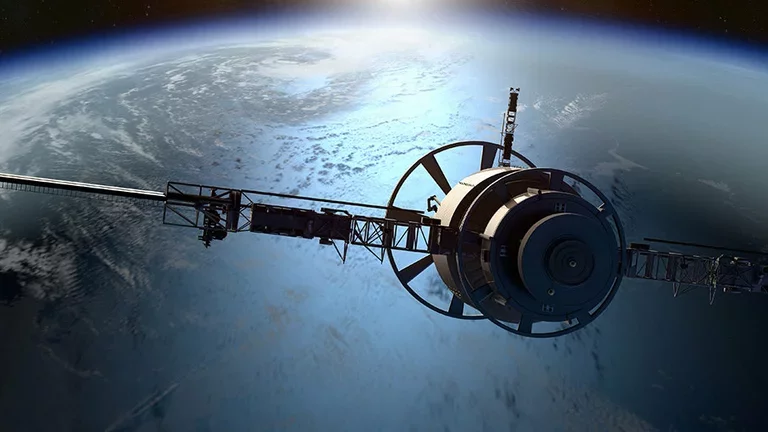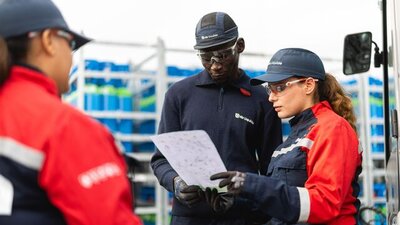Today we are celebrating the 14th anniversary of the presence of MELFI1 on board the International Space Station (ISS). This cold production system , this “refrigerator of space”, allows the conservation of scientific samples in space at -80°C. Initially planned for 2 years, it now records more than 14 years of continuous operation! An opportunity for us to return to the Group’s cutting-edge activities in space.
Inventing the future is what drives us at Air Liquide. And what better way to do so than through space exploration, where the constant challenge is to push technological and scientific limits to take humankind and its knowledge even further.
Reach for the stars…
Our unique expertise in cryogenics and gas engineering allows us to provide strong added-value to the largest international space projects and to support space exploration. Beyond the MELFI cold production system onboard the International Space Station (ISS), we designed for example the launchers’ cryogenic tanks of Ariane 1 through to Ariane 5 and helium storage solutions and cooling systems for the Herschel and Planck satellites2. We are also maintaining a presence to support the rocket launches on the launch bases of Kourou in French Guiana, Cape Canaveral in the United States and Tanegashima in Japan.
We are continuing to develop our expertise and innovate on projects such as the future European launcher Ariane 6, the electric propulsion of satellites, and several other projects relating to space exploration to the Moon and Mars. We are currently working, for example, on the production and storage of oxygen and hydrogen, which are essential to support life and space transportation, as part of the “LUNA” project3 and the ExoMars mission4.
“Happy birthday, MELFI!” This is the tweet of French astronaut Thomas Pesquet to celebrate the tenth anniversary of the cryo-refrigerator, during his stay on the International Space Station in 2016. Air Liquide designed and developed MELFI, a turbo space fridge, for the European Space Agency (ESA) and NASA, so that biological and scientific samples can be stored at a temperature of up to -95°C before being brought down to Earth for analysis.
2. In the framework of the programs run by the European Space Agency (ESA), the Herschel and Planck mission is to better understand the creation and evolutions of the Universe, from the Big Bang to the present day, notably by detecting the oldest radiation emitted by the Universe.
3. Air Liquide has joined forces with ESA and the German aerospace center (DLR) under the “LUNA” project which seeks to establish a “Moon village” analog near the European Astronaut Centre (EAC) in Cologne in Germany.
4. After Curiosity, Air Liquide is taking part in 2020 in the ExoMars mission, in partnership with ESA and the Russian Space Agency Roscosmos. This mission consists in sending a small vehicle (rover) to the red planet to analyze the composition of its subsoil.


